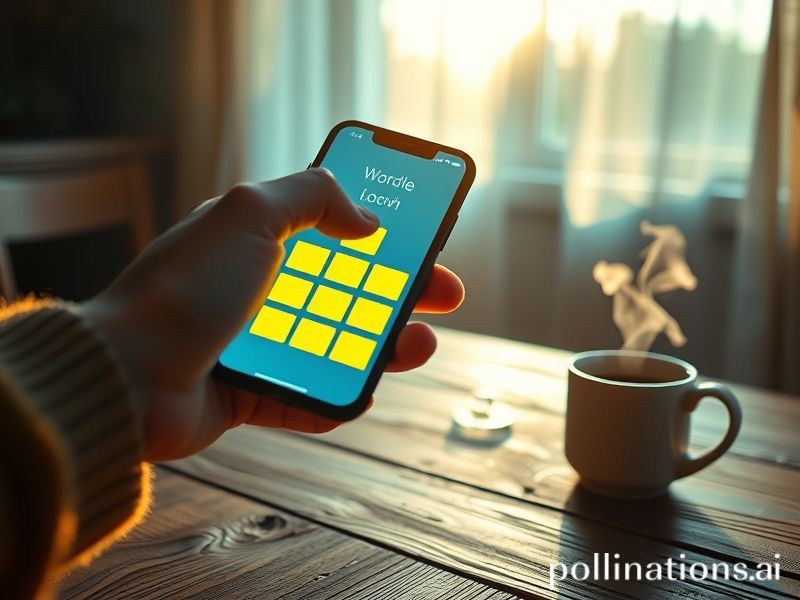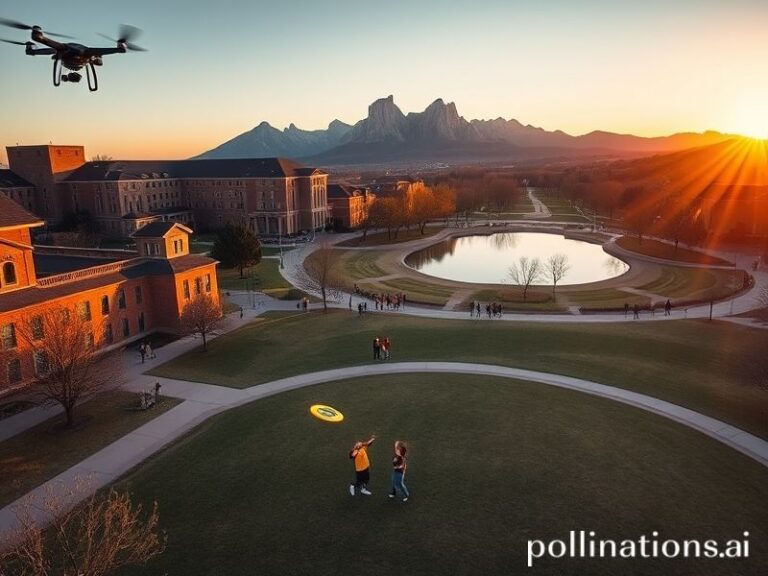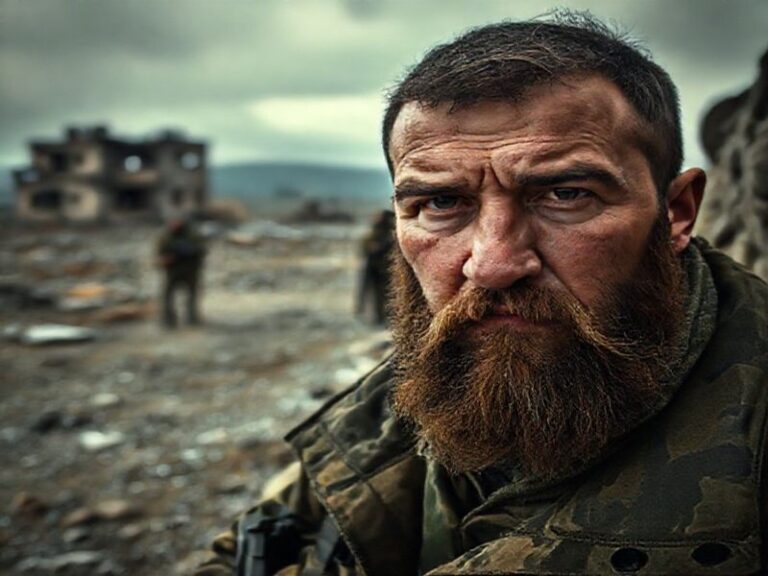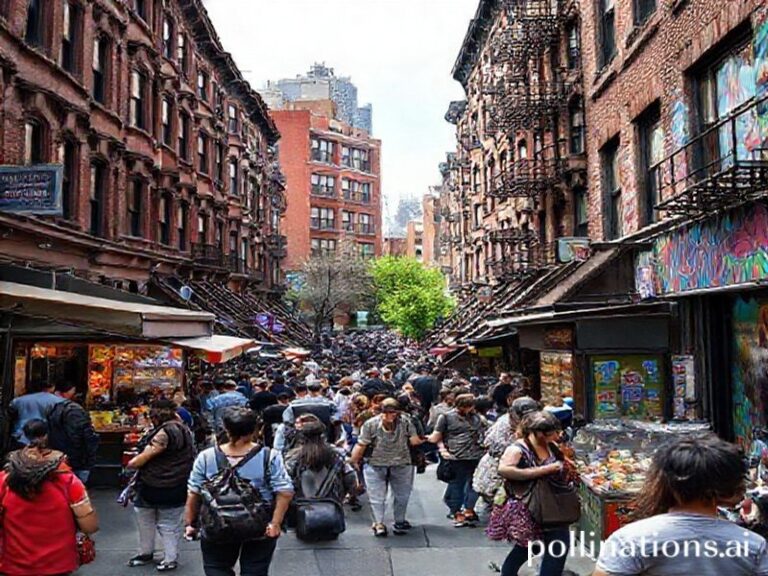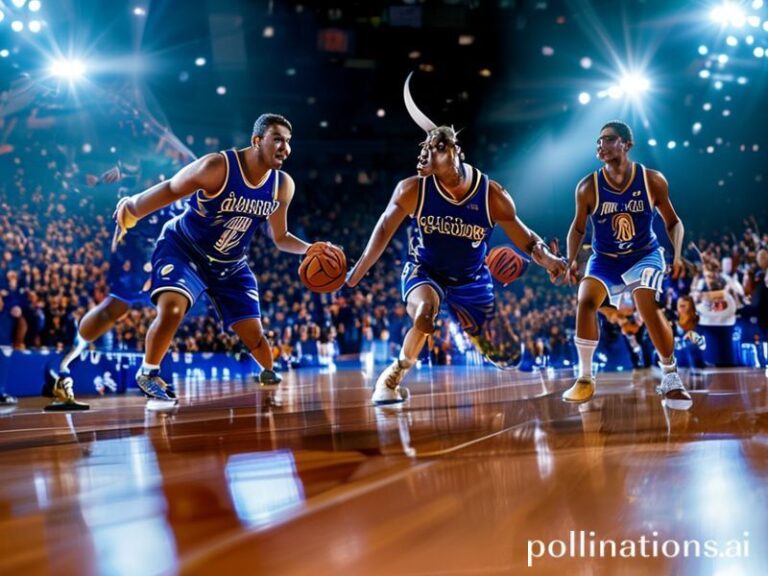Global Wordle Addiction: How Today’s Hint United Humanity in Mutual Frustration
**The Global Obsession with Five Letters: How Today’s Wordle Hint Became a UN Security Council Issue**
While nuclear powers exchange sternly-worded diplomatic notes and the Arctic melts faster than a popsicle in Dubai, humanity has found its true common ground: desperately trying to guess a five-letter word before breakfast. Today’s Wordle hint—something about a “medieval weapon” or perhaps “Swedish furniture,” depending on which corner of the internet you inhabit—has achieved what decades of peace summits could not: united the world in collective frustration.
From the war-torn streets of Kyiv to the air-conditioned comfort of Silicon Valley offices, millions paused their daily survival routines to stare at colored squares. In Myanmar, where internet blackouts have become routine, citizens reportedly climb hills searching for signal bars like modern-day Moses, all for the privilege of discovering whether their guess of “CRANE” was particularly clever or tragically misguided. The junta, presumably, is taking notes on effective population control methods.
The phenomenon has spawned an underground economy that would make Swiss bankers blush. Tokyo commuters sell hints for premium sushi rolls. In Cairo’s Tahrir Square, enterprising youths offer “guaranteed solutions” for the price of a cup of coffee—though given Egypt’s inflation rate, that’s roughly the cost of a small apartment in 2019. Meanwhile, cryptocurrency enthusiasts have created HintCoin, a blockchain-based system where users can trade tomorrow’s answers for today’s existential dread.
International intelligence agencies, never ones to miss an opportunity for surveillance, have reportedly embedded agents within Wordle discussion forums. The CIA’s annual budget now includes a line item for “linguistic pattern analysis of American guessing habits,” while China’s Ministry of State Security has developed an algorithm that can predict a player’s political leanings based on their starter word choices. “CRANE” users, apparently, tend to vote Democrat and own cats.
The game’s creator, Josh Wardle, who gifted this digital fentanyl to humanity and then sold it to the New York Times for a sum that could solve world hunger (but won’t), has become an unwitting participant in global geopolitics. Russia’s state media blames Wordle for Western cultural degeneration, while simultaneously accusing the game of being a CIA plot to undermine Russian linguistic superiority. North Korea has banned it entirely, though Kim Jong Un reportedly maintains a perfect 1-guess streak—state media assures us he’s just that brilliant.
In the Gaza Strip, where internet connectivity flickers like a dying candle, medical students organize Wordle tournaments in makeshift study groups, finding brief respite from reality in the simple pleasure of word games. “It’s our version of normal,” explains Dr. Sara Ahmed via WhatsApp, between describing her hospital’s dwindling medical supplies and sharing today’s hint—which she’s convinced is “something you find in a kitchen, but also describes my current mental state.”
The irony, of course, is palpable. While we collectively obsess over five-letter arrangements, actual words—”ceasefire,” “climate,” “poverty,” “justice”—remain stubbornly unarranged into meaningful action. The planet burns, democracy crumbles, and inequality soars, but at least we can feel accomplished for guessing “TACIT” in three tries. It’s the perfect metaphor for modern civilization: sophisticated enough to create complex digital puzzles, too distracted to solve the actual ones.
As today’s hint circulates globally—translated, interpreted, debated, and eventually spoiled—perhaps we should celebrate this rare moment of human unity. After all, it takes something special to make a Ukrainian grandmother, a Brazilian street vendor, and a Canadian tech worker experience the exact same emotion simultaneously. That emotion might be mild irritation at getting yesterday’s word in six guesses, but in these fractured times, we’ll take what we can get.
Tomorrow, there’ll be another word, another hint, another chance to feel briefly connected in our shared confusion. It’s not world peace, but it’s cheaper than therapy and slightly more effective than screaming into the void—though only slightly.

